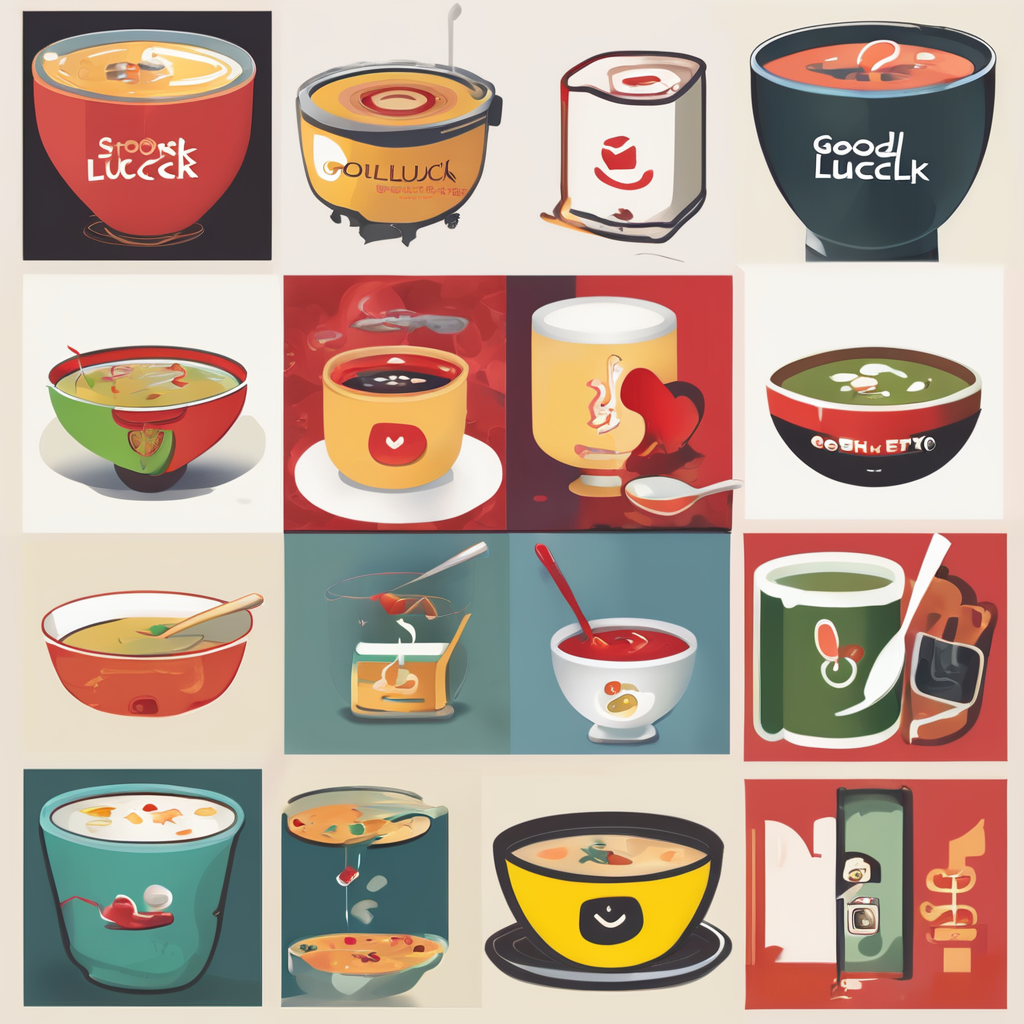Current Trends in UK Kitchen Technology
The landscape of modern UK kitchens is evolving rapidly, driven by a wave of innovative kitchen technology. Among the most notable technology trends is the integration of smart functionality directly into kitchen appliances and layouts. Today’s homeowners seek convenience, efficiency, and style combined, prompting designers to embrace these changes.
One major trend is the shift towards connected kitchens, where appliances and devices communicate seamlessly. This not only enhances usability but also influences the entire kitchen design. For example, the placement of smart refrigerators and ovens now considers optimal connectivity and workflow, reshaping traditional kitchen layouts. Additionally, lighting systems with advanced controls adjust automatically, improving both ambiance and energy efficiency.
Have you seen this : How do UK kitchen products simplify cleanup after cooking?
Factors fueling this adoption include the growing consumer demand for time-saving solutions and the push towards sustainable living. Manufacturers respond by developing technology that simplifies daily tasks while minimizing environmental impact. In the UK, this results in kitchens that balance form and function with cutting-edge innovation.
Understanding these trends helps homeowners make informed decisions. Embracing innovative kitchen technology can future-proof your space, making it both practical and enjoyable for years to come.
Topic to read : How Can UK Kitchen Products Transform Your Home’s Sustainability?
Smart Appliances and Automation Features
Smart kitchen appliances are central to the ongoing transformation of modern UK kitchens. These devices—ranging from smart ovens to refrigerators and dishwashers—offer enhanced control and convenience. For instance, a smart oven can preheat remotely via an app, while smart refrigerators monitor inventory and suggest shopping lists. This kitchen automation saves time and reduces food waste, appealing to busy households.
Voice-controlled devices are another key element. Integrating with digital assistants, they allow users to manage cooking settings or timers hands-free. This interaction not only streamlines tasks but also makes multitasking in the kitchen easier and safer.
Automation extends beyond appliances. Advanced lighting systems adjust brightness and colour temperature automatically, improving atmosphere and reducing energy consumption. Climate control responds to humidity and temperature changes, ensuring comfort while cooking. Security features, like smart locks and cameras integrated into the kitchen ecosystem, add a layer of safety.
Together, these features develop connected kitchens that blend convenience with efficiency. This integration reflects the broader technology trends shaping today’s kitchen environments, meeting the demands for smarter, more responsive spaces that fit modern lifestyles.
Energy Efficiency and Sustainability in Kitchen Technology
Energy efficiency is a cornerstone of sustainable kitchens in the UK, where energy-saving kitchen devices help reduce utility costs and environmental impact. Modern appliances now prioritise low power consumption without compromising performance. For instance, induction cooktops use precise heating to accelerate cooking while consuming less energy than traditional methods.
Water-saving technologies are also vital in eco-friendly kitchen tech. Advanced dishwashers and smart taps regulate water flow based on usage, decreasing waste significantly. These features appeal to homeowners looking to embrace greener lifestyles without sacrificing convenience.
Moreover, waste-reducing innovations plug into the sustainability trend by supporting composting or intelligent waste segregation. This helps reduce landfill contribution and encourages recycling. Brands in the UK increasingly offer appliances with energy ratings that meet strict environmental standards, reflecting a market shift toward conscious consumption.
The integration of these elements demonstrates how innovative kitchen technology aligns with broader ecological goals. By choosing sustainable equipment and efficient devices, modern UK kitchens become examples of responsible living adapted to the demands of today’s eco-conscious consumers.
Innovative Design Elements and Materials
Modern UK kitchens increasingly embrace kitchen design trends that focus on both aesthetics and functionality. One notable advancement is the adoption of modular units. These allow flexible configurations, adapting layouts easily as household needs change. Modularity supports innovative kitchen technology by creating spaces that accommodate built-in smart appliances and seamless wiring.
Handleless cabinetry has also gained popularity, contributing to clean, minimalist surfaces. This design reduces visual clutter and complements modern kitchen materials such as engineered stone and composite finishes, which offer durability and easy maintenance.
Interactive worktops and smart splashbacks are emerging as key features. For example, some worktops integrate touch controls or wireless charging pads, combining practicality with technology. Smart splashbacks can display recipes, timers, or ambient lighting, enhancing user experience without sacrificing space.
Materials chosen aim to balance innovation and daily practicality. Surfaces resistant to heat, moisture, and scratches extend longevity while maintaining a sophisticated look. This approach reflects broader technology trends that prioritise user convenience alongside stylish, future-proof kitchen environments.
Real-World Examples and Leading Brands
Exploring modern UK kitchens reveals clear examples of how technology integration transforms everyday cooking spaces. Leading brands like Dyson and Bosch pioneer smart kitchen brands that bring high-performance, user-friendly appliances into homes. Dyson’s focus on smart ventilation systems, for instance, showcases how innovative kitchen technology enhances air quality and comfort.
Case studies highlight kitchens where connectivity, efficiency, and design converge. In one example, a London home features integrated smart ovens, refrigerators, and lighting controlled via a central app, illustrating the practical benefits of smart kitchen appliances working together. This setup allows precise cooking, energy management, and seamless interaction, all tailored to the homeowner’s routine.
Users report enhanced convenience, reduced energy bills, and improved household safety from technology integration. These detailed experiences emphasize how technology integration case studies provide valuable insights for those considering updates. Leading brands continue to innovate, delivering solutions that fit the well-established technology trends in the UK.
By focusing on real-world applications, these examples clarify how modern UK kitchens evolve. They also encourage homeowners to explore smart solutions aligned with both lifestyle needs and the latest industry advancements.
